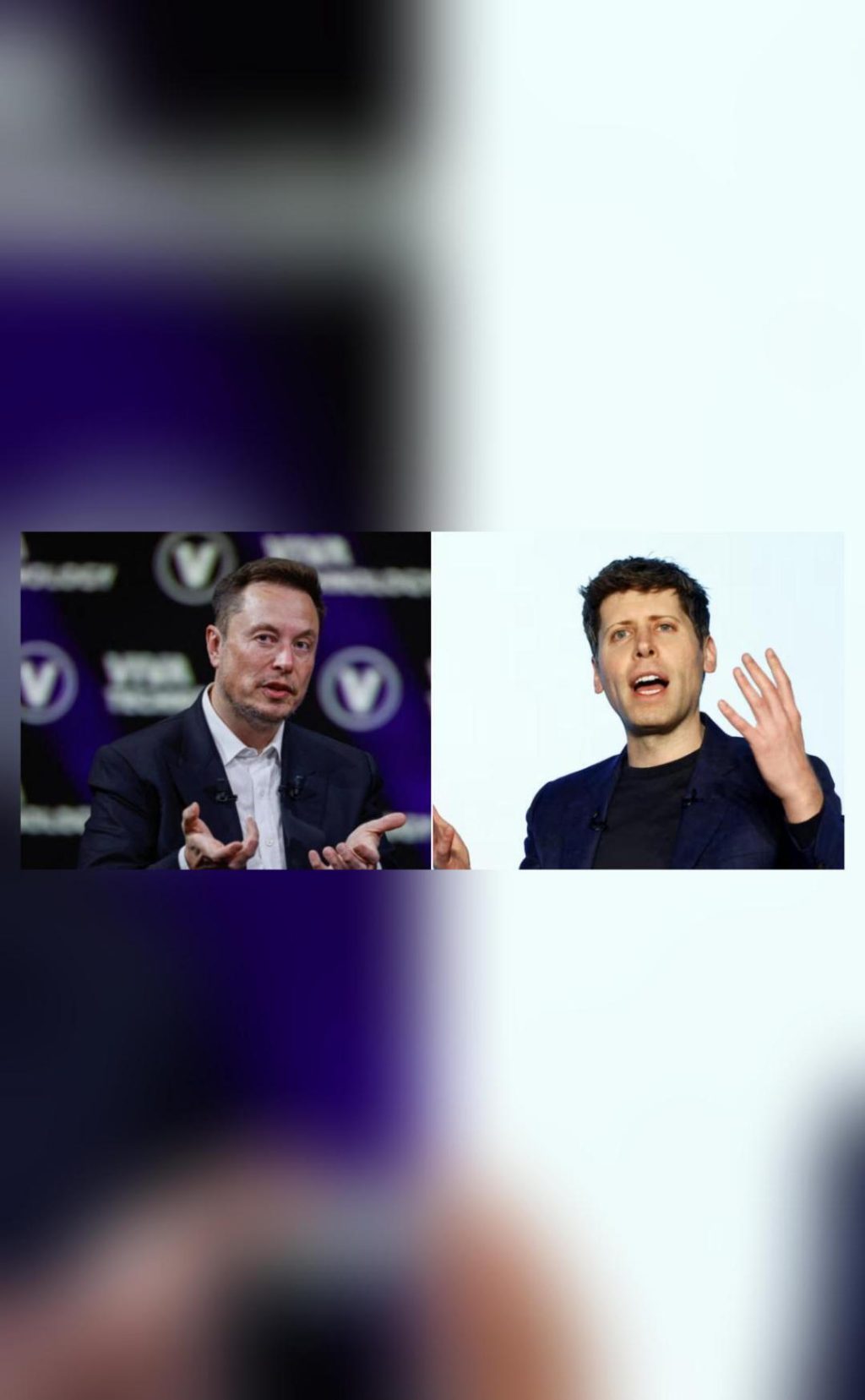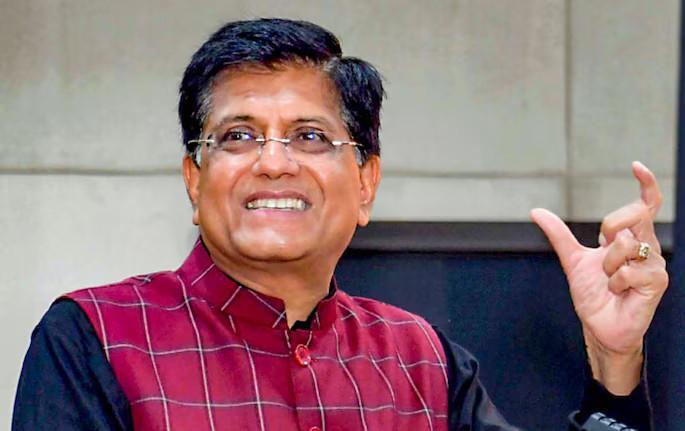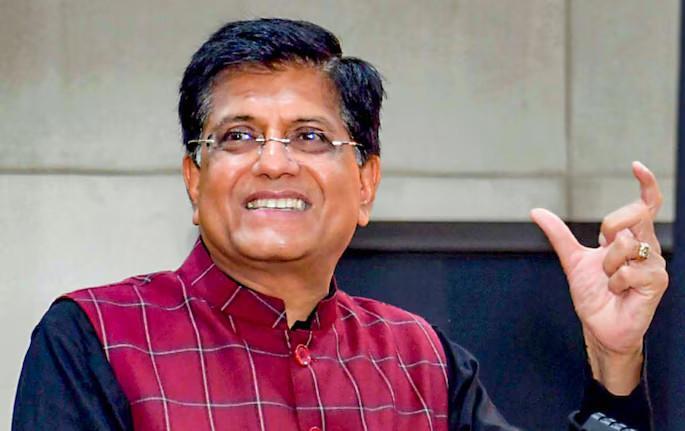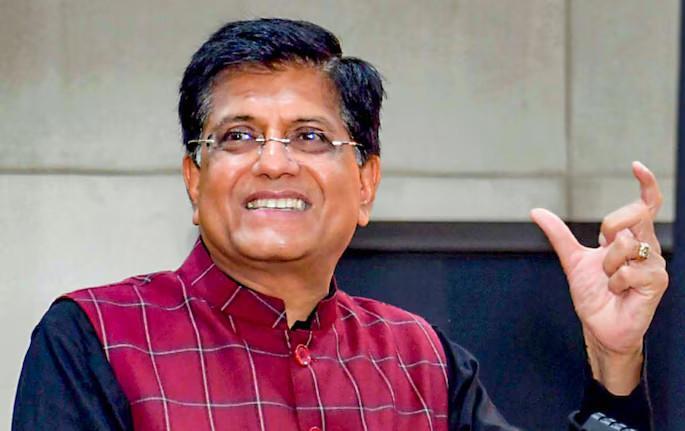
OpenAI & Elon Musk Agree to Fast-Track Trial over For-Profit Model
In a recent development, Elon Musk and OpenAI have agreed to fast-track a trial regarding OpenAI’s transition to a for-profit model, according to a court filing. This decision comes after a court earlier denied Musk’s request to pause OpenAI’s transition to the new model.
As a refresher, last year, Musk sued OpenAI and its CEO Sam Altman, accusing the company of straying from its original goal of creating AI for humanity’s benefit. Musk, who co-founded OpenAI in 2015, had always envisioned the company as a non-profit organization focused on developing artificial intelligence (AI) that would benefit humanity. However, in recent years, OpenAI has shifted its focus towards developing AI for commercial use, which has led to a rift between Musk and the company.
The lawsuit filed by Musk claims that OpenAI’s decision to go for-profit has compromised the company’s original mission and values. Musk is seeking a court order to stop OpenAI from transitioning to the new model, which he believes will lead to the company prioritizing profits over the greater good.
The court’s denial of Musk’s request to pause the transition came as a surprise to many, given the significant implications that the shift to a for-profit model could have on the future of AI development. However, OpenAI has maintained that the transition is necessary to ensure the company’s long-term sustainability and growth.
In a statement, OpenAI’s CEO Sam Altman said, “We’re committed to using our technology to benefit humanity, and we believe that our new for-profit model will allow us to do just that. We’re excited to have the opportunity to prove this in court.”
Musk’s decision to sue OpenAI is seen as a last-ditch effort to stop the company from going for-profit. The entrepreneur has always been passionate about the potential of AI to transform the world, and he is deeply concerned about the consequences of prioritizing profits over the greater good.
The fast-tracked trial is expected to take place in the coming months, with both sides presenting their arguments and evidence to the court. The outcome of the trial will have significant implications for the future of AI development and the role that OpenAI will play in shaping the industry.
In the meantime, the debate surrounding OpenAI’s transition to a for-profit model continues to rage on. Some experts argue that the shift is necessary to ensure the company’s long-term sustainability, while others believe that it will compromise the company’s original mission and values.
Regardless of the outcome, the trial is likely to have far-reaching implications for the future of AI development. As the world becomes increasingly dependent on AI, it is essential that we prioritize the development of technology that benefits humanity, rather than just line the pockets of corporate executives.
The development comes at a time when concerns about the impact of AI on society are growing. With the rise of AI, there are fears that the technology could be used to manipulate and control individuals, rather than being used to benefit humanity. As such, it is essential that we prioritize the development of AI that is transparent, accountable, and benefits the greater good.
In conclusion, the fast-tracked trial between Elon Musk and OpenAI is a significant development in the ongoing debate surrounding the company’s transition to a for-profit model. The outcome of the trial will have far-reaching implications for the future of AI development and the role that OpenAI will play in shaping the industry.
Source:






